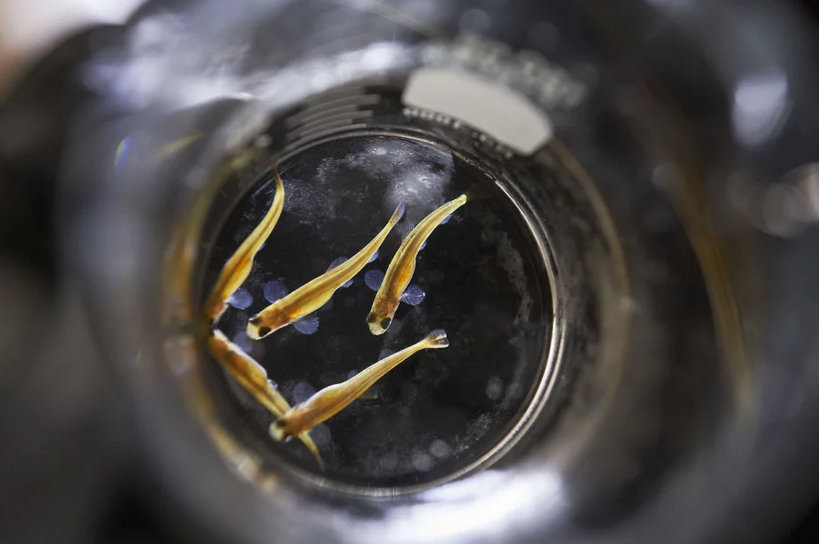Maine farm proposal turned down over fish egg source

Plans by the Norwegian-owned business American Aquafarms to build a large closed-net pen salmon farm on the US East Coast have been dealt a serious blow.
The Maine Department of Marine Resources yesterday told American Aquafarms that it would no longer be further processing the company’s lease applications for two 60-acre pen sites off Gouldsboro, because the company had failed to select an approved source for its fish eggs.
The intended supplier of American Aquafarms’ ova has not been approved for the US market – AquaBounty Technologies, which produces genetically-modified (GM) salmon.
Patrick Keliher, Maine’s Commissioner of Marine Resources, claimed that American Aquafarms had failed to provide proper documentation about the genetics and disease-resistance of salmon eggs it said it would buy from AquaBounty’s Newfoundland hatchery, which specialises in transgenic stock.
He added that escapes were a big issue, because if a fish not of the same genetic makeup gets into the ocean, it could dilute the gene pool of wild Atlantic salmon.
The US $300 million (£232.5m) salmon farm project, which was aiming to produce up to 30,000 tonnes, had attracted strong opposition from the start. Last September more than 100 fishing and pleasure boats took part in a large anti-fish farm demonstration,
Local fishermen claimed the proposed farm could ruin the local lobster fishing industry as well as cause environmental damage. Lobster is the mainstay of the Maine fishing industry.
American Aquafarms has always denied this and argued that its plan, which covers 20 acres of closed pens, will be good for the region, providing many year-round jobs ranging from unskilled labouring to posts requiring PhD level science qualifications.
American Aquafarms has yet to respond, but an appeal or a revised application is possible.

Photo: AquaBounty Technologies

